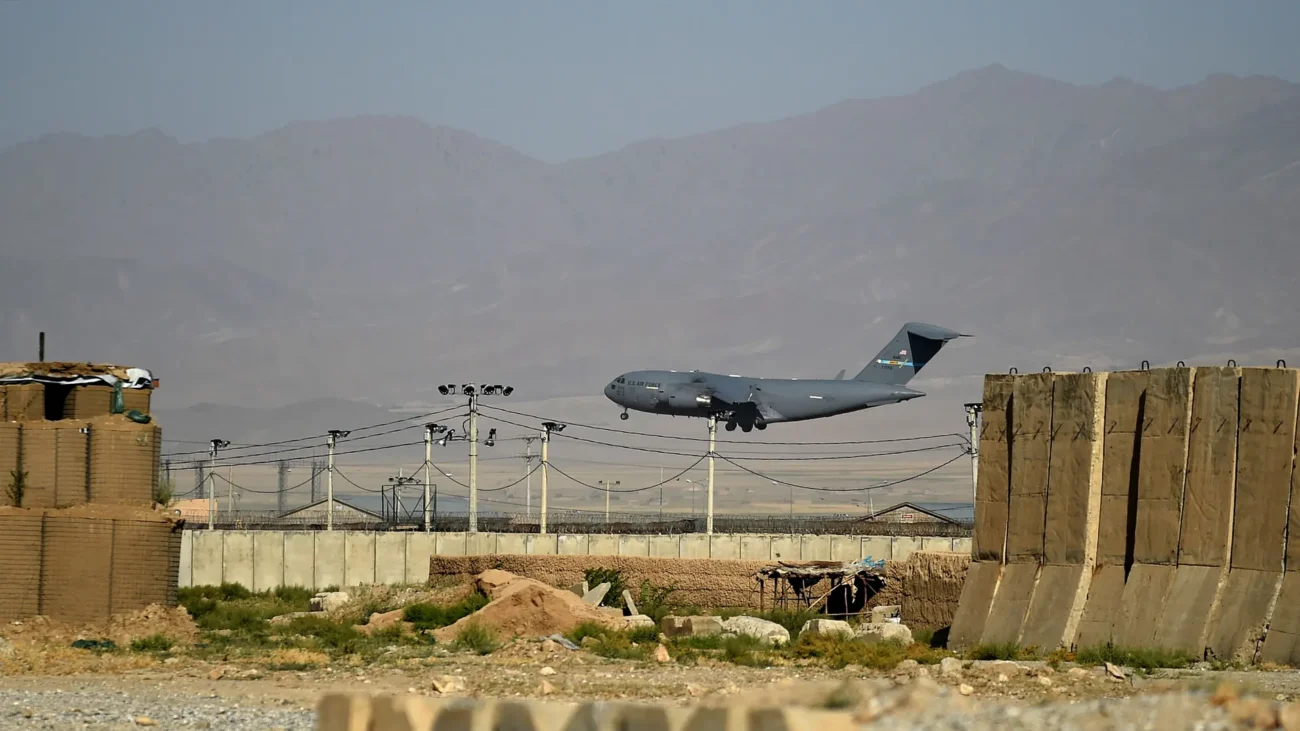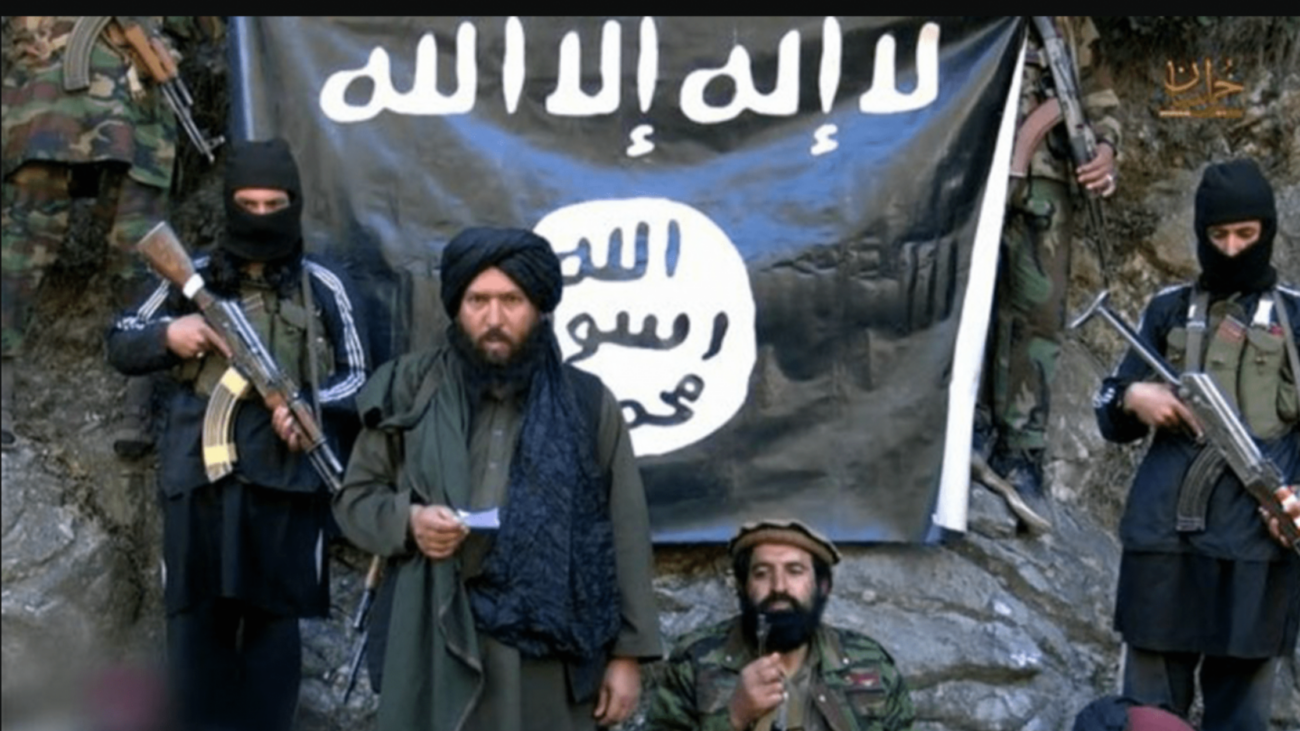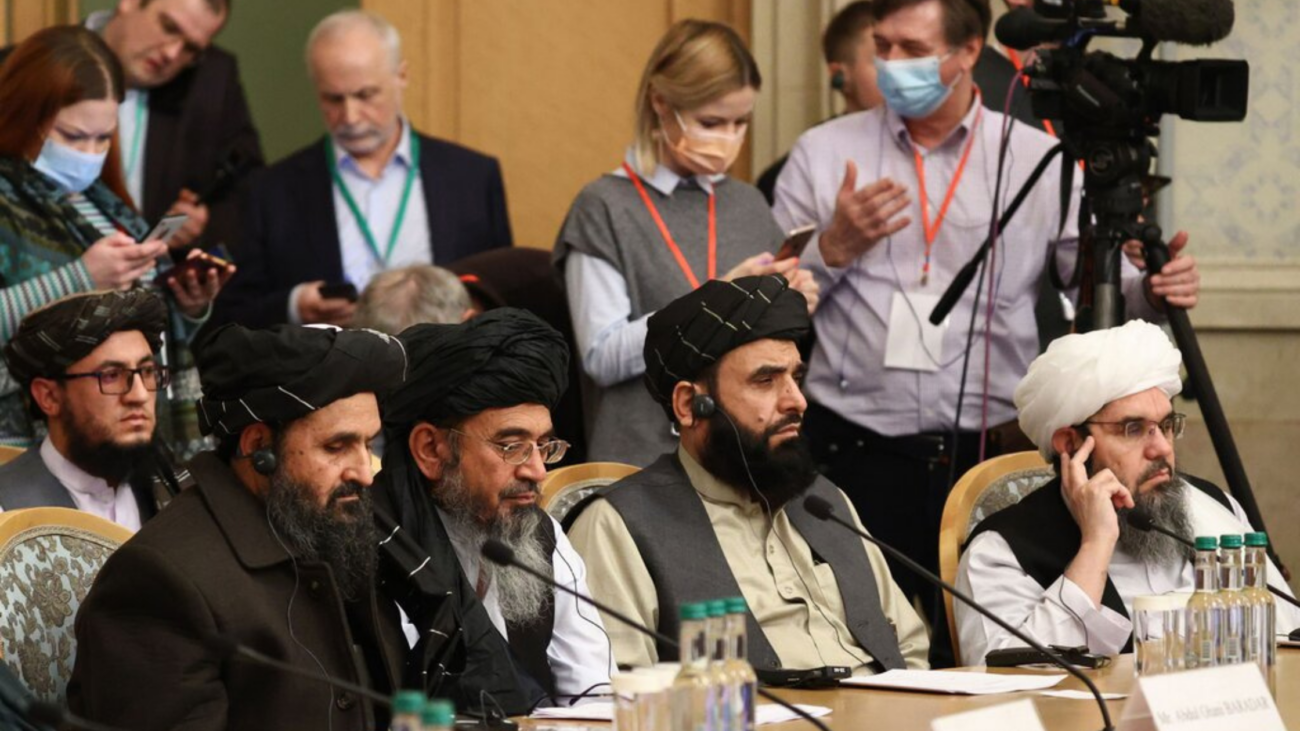History is reiterating itself: The Taliban must learn from its past

By Sidiqullah Sahel
It is believed that those who do not learn from history are doomed to repeat it. The proverb best fits the current “rulers” of Afghanistan, known as the Taliban or “Islamic Emirate of Afghanistan.” The group acquired power in the country on 15 August 2021 due to the US-Taliban peace deal signed on 29 February 2020. The response to the victory of Islamist fundamentalists was different across the country. Previous government officials, politicians, civil society members, and journalists were pessimistic about the revival of the Taliban. Hence, most of them left the country. They were mostly the people who had studied abroad. Another section of society was optimistic about the movement. They were the ones who were driven by the previous government and were sympathizers of the Taliban, who are primarily religious clerics and the Taliban’s social media influencers. So by the return of the movement, they acquired government portfolios and high positions. Also, a completely ignored section of Afghan society is the nation, which on the one hand, was deeply affected by the collapse of the previous government. On the other hand, Afghans were somewhat hopeful for the country’s future because they believed the group must have learned from the 1990s.
Talking about the 1990s is essential because the movement has once ruled the country from 1996-to 2001. When they first acquired power in September 1996 and conquered Kabul, they killed the last communist president of Afghanistan, Dr. Najeebullah. They announced the Islamic Emirate of Afghanistan, based on strict Shari’ah law principles. Their interpretation of Islam was completely different from Islam, followed by the majority of Afghans and the rest of the Muslim world. The regime was radical to the extent that even the Irani theocratic regime declared the Taliban’s rule as radical and ignorant of Islamic values. After taking Kabul militarily, all government institutions were taken and filled by the companions of Mullah Omar and madrassa students from Pakistan and Kandahar province, who were less competent and qualified compared to the earlier government bureaucrats.
Soon after their control of power, the religious group imposed severe restrictions on the people of Afghanistan, especially women. Some of the decrees they issued were; banning women from going outside without a male guardian, working in offices, studying in universities, and imposing a strict dress code for women, which should be a Hijab from Head to toe. Besides this, they also ordered men to keep beards and wear proper “Afghani” clothes. They also banned TV, music, playing soccer and flying kites. And have had strong ties with Al-Qaeda and different militant movements from the region, which ultimately resulted in their demise in 2001.
After twenty years of war and bloodshed with the allied forces and the Afghan government, they have gained power again. Ordinary people of Afghanistan, tired of wars and everyday killings, were somehow optimistic about their revival and expected a positive change in their policies. They believed that the movement would not repeat the mistakes of 1996, as they were facing a different Afghanistan— where the literacy rate has reached more than 56%. Most of the country’s population is youth, connected with the rest of the world technologically. But, the optimism did not last long, and they continued with the exact harsh implementation of the Shari’ah law. And with taking charge of the affairs in the country, they first replaced the highly educated bureaucrats of the government with the naïve rural madrassa students and their guerrilla fighters. They did not know anything about governance and civil services. They also changed the ministry of women’s affairs with the ministry of propagation of virtue and prevention of vice. The newly established ministry is deemed to be the moral police and claims a superior position over all other government organs.
With the passing of each day, the ministry of propagation of virtue and prevention of vice issues a new decree, restricting individual freedoms and liberty. They first banned women from going out without a male guardian for a specified distance. Ordered the working women to stay home, and they will be paid for staying home for a specific period. Ended co-ed in universities, and resultantly classes for boys and girls were separated, which negatively affected the quality of the classes as well, as there is a severe shortage of Human capital in the country. And girls’ schools above 6th grade are not yet open. These decisions show that the Taliban did not stand by their promise of reopening school at the beginning of the academic year. They also ordered women to wear Hijab from head to toe, and wear black gloves and socks, so that their hands and feet should not be visible. The orders were not for women alone, as men were also ordered to wear traditional clothes, turbans and keep beards while going to the office. TV channels were also asked to restrict their programs and not include any female characters in their programs, which has led to the disappearance of women from the public sphere. All these restrictions and rules contradict the basic human rights of citizens of a country, violated by a repressive authoritarian regime; that only has a de-facto authority, exercising it illegally and illegitimately.
Not only are these restrictions worth noticing, the Taliban had announced amnesty to all the previous government officials and army officers, but as per the reports of the New York Times, in the last six months, around five hundred employees and army officers of previous governments have been killed and disappeared by Taliban. This suggests that they are either lying about the amnesty and if they are not, then they do not have control over their foot soldiers. The second hypothesis, not having control over its men is more dangerous for Afghanistan, as it eordes acountabality.
Besides all the flaws and shortcomings of the new government, people in the country were somehow hopeful for maintaining security within the country. They were expecting that the government could protect their lives. But, with their re-emergence, there have been continuous suicide attacks and sporadic guerrilla warfare in different corners of the country. The recent blasts on the Shia community of Afghanistan by the Islamic State of Khurasan in Kabul prove that the current regime is incapable of protecting the country’s citizens.
The Salafi jihadist group, which has a history of antagonism and hatred against the Shiite, attacked a boys’ school in the Dasht-E Barchi area on 19 April 2022, killing six students and twenty wounded. Similarly, on 21 April 2022, the movement attacked the Shiite masjid in Mazar Sharif, followed by attacks in Kabul, Nangarhar, and Kunduz provinces, killing tens of innocent civilians. All these attacks depict the incapability of the Taliban regime to provide security for the people.
Taliban’s government is not facing internal challenges alone, as their relations with the long-term ally, Pakistan, seem strained due to their liaison with Tahreek Taliban Pakistan. With the emergence of the Taliban, TTP activities and their attacks on Pakistani forces have increased. The group carried out operations on 14 April, which killed seven army officers in Waziristan. Pakistan blamed the Taliban’s regime for those attacks and conducted airstrikes in Kunar and Khost provinces, killing more than 40 civilians and IDPs from Waziristan. The regime does not have issues with Pakistan alone, as they are having severe problems with Iran, as well as Countries of Central Asian Republics. Involvement of the Taliban in people’s personal lives is nothing but absurdity and diversion from their duties. It seems that the movement is incapable of governing the country, as they behave like a group, not like a government.
Hence, instead of wasting time and energy on trivial issues internally, it is expected from the Taliban government to work for the welfare of the war-torn country. The Taliban should deal with the country’s citizens more cordially, not through coercive authoritarian rules and decrees, as such behaviour would benefit none. Convening a “Loya Jirga.” would help the group get somewhat internal legitimacy.
If the Islamic Emirate of Afghanistan continues ruling the country forcefully, the future of this regime seems bleak and could lead to its collapse. If a government is not supported by its people and has vast ideological differences, people would most likely oppose it violently. And once again, a new war would push the people toward an uncertain future. Such a situation would have severe consequences for the Taliban and the country’s people. The current status of the Taliban policies can be aptly described by a famous Dari poem “O stranger you won’t reach Kaba (Saudi Arabia) because the path you have chosen goes to Turkistan.
Sidiqullah Sahel is a lecturer of Political Science at Kardan University, Kabul.
Disclaimer: The views and opinions expressed in this article solely belong[s] to the author[s] and do not necessarily reflect the view, policy or position of the Afghanistan Security Institute.




